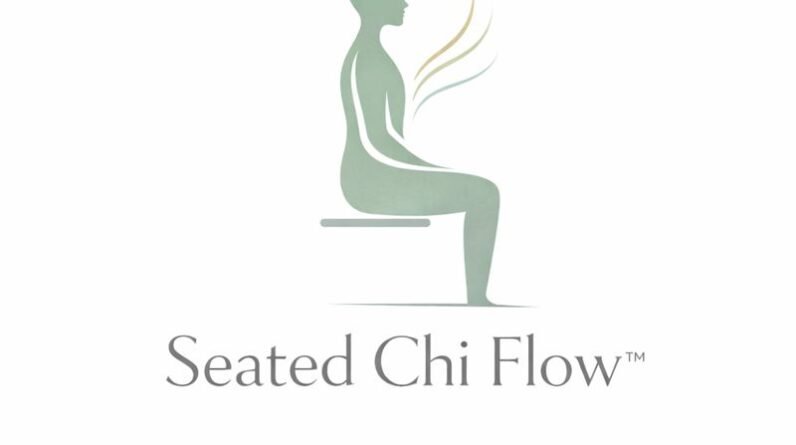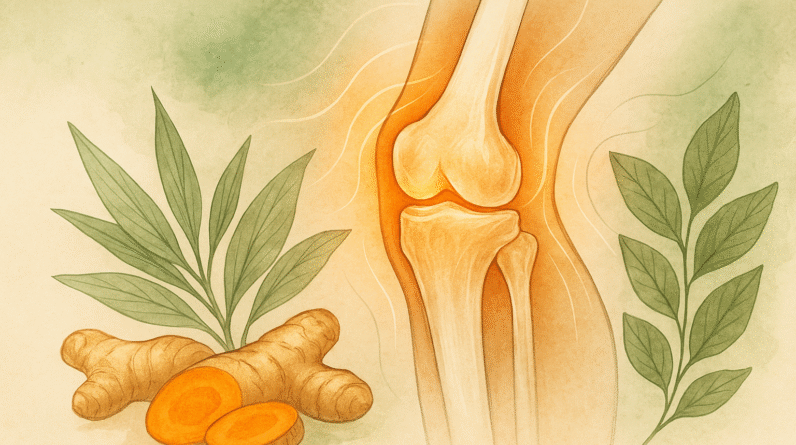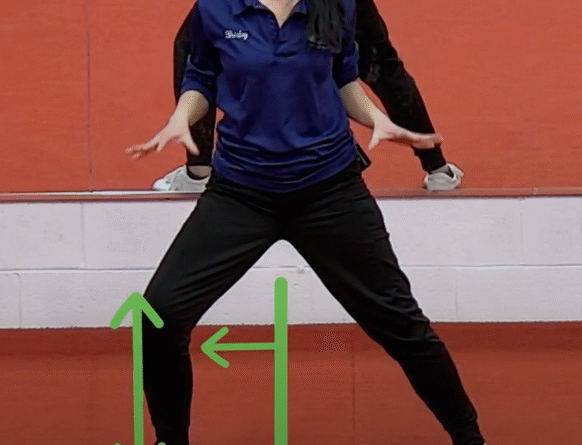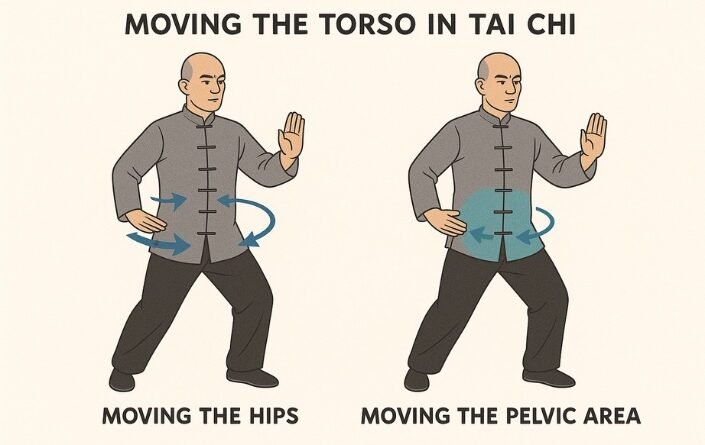
How Tai Chi Can Benefit Specific Health Issues: A Comprehensive Guide
Tai Chi is a form of exercise that has been around for centuries. It originated in China as a martial art, but over time, it has become a popular form of exercise and meditation in motion. Tai Chi is a low-impact exercise that involves slow, flowing movements that are gentle on the joints and muscles. It is suitable for people of all ages and fitness levels and can be done anywhere, anytime.

Research has shown that Tai Chi has numerous health benefits. It can improve balance, flexibility, and strength, reduce stress and anxiety, and help with chronic pain management. In recent years, Tai Chi has gained popularity as a complementary therapy for specific health issues. Studies have shown that Tai Chi can be used to provide benefits for a variety of health issues including osteoarthritis, Parkinson’s disease, and chronic obstructive pulmonary disease (COPD).
Tai Chi is a safe and effective way to improve overall health and well-being. It is a gentle form of exercise that can be done by anyone, regardless of age or fitness level. With its numerous health benefits, it is no wonder that Tai Chi has become increasingly popular in recent years. In the following sections, we will explore how Tai Chi can be used to provide benefits for specific health issues.
Understanding Tai Chi
https://www.youtube.com/watch?v=co1uxOFJ8Mc&embed=true
Tai Chi is a traditional Chinese martial art that has been practiced for centuries. It is a form of exercise that combines slow, fluid movements with deep breathing and meditation. Tai Chi is based on the philosophy of Taoism, which emphasizes the importance of balance and harmony in all aspects of life.
Tai Chi is often described as a moving meditation. It involves a series of postures or movements that flow from one to the next, with each movement linked to the next by the breath. The movements are slow and deliberate, and they are designed to promote relaxation, improve balance and coordination, and increase flexibility.
In traditional Chinese medicine, Tai Chi is believed to help balance the flow of Qi (pronounced “chee”), the life force energy that flows through the body. According to this theory, when Qi is flowing freely, the body is healthy and balanced, and when it is blocked, illness and disease can occur. Tai Chi is believed to help unblock Qi and promote its free flow throughout the body.
Tai Chi is also deeply rooted in Chinese culture. It is often practiced in groups, and it is a way for people to connect with each other and with their cultural heritage.
Overall, Tai Chi is a gentle and low-impact form of exercise that can provide numerous health benefits. Its slow, fluid movements are easy on the joints and can be practiced by people of all ages and fitness levels. Whether practiced for its martial art aspects, its health benefits, or its cultural significance, Tai Chi is a valuable addition to any wellness routine.
Tai Chi Techniques
https://www.youtube.com/watch?v=qj0ft1CQC_4&embed=true
Tai chi is a gentle form of exercise that involves a series of slow, flowing movements and postures. It combines elements of breathing, meditation, and mindfulness to promote relaxation, reduce stress, and improve overall health and well-being. Tai chi can be performed in a variety of styles and routines, and can be learned from an instructor or in classes at a community center or gym.
Movements and Postures
Tai chi movements are gentle and low-impact, making it an accessible form of physical exercise for anyone, regardless of age or fitness level. The movements are designed to improve balance, strength, flexibility, endurance, and aerobic capacity, while also promoting coordination and mobility. Tai chi can be particularly beneficial for older adults, who may be at risk for falls or have limited mobility.
Breathing and Meditation
Tai chi incorporates elements of breathing and meditation, which can help reduce stress, anxiety, and depression, and improve overall mental health and well-being. The slow, deep breathing techniques used in tai chi can help promote relaxation and reduce tension in the body, while the meditation and mindfulness practices can help improve focus, concentration, and mood.
Styles and Routines
There are many different styles and routines of tai chi, each with its own unique movements, postures, and breathing techniques. Some of the most popular styles include Yang, Wu, and Chen, each of which emphasizes different aspects of tai chi practice. (In our classes at the Lake Community YMCA, we incorporate elements from the Yang and Temple styles.) Regardless of the style or routine, tai chi is typically performed in a slow, flowing manner, with a focus on deep breathing and relaxation.
Learning Tai Chi
Tai chi can be learned from an instructor or in classes at a community center or gym. Many instructors offer beginner classes that are designed to introduce students to the basic movements and postures of tai chi, while also providing guidance on breathing, meditation, and mindfulness techniques. As students progress, they may choose to learn more advanced routines or styles of tai chi. The in-person classes we offer at the local YMCA are very beginner-friendly.
Physical Benefits of Tai Chi
Tai chi has been shown to have a number of physical benefits, including improved balance, strength, flexibility, endurance, and aerobic capacity. It is also a low-impact form of exercise, making it an accessible option for individuals with limited mobility or chronic conditions.
Tai Chi and Mental Health
In addition to its physical benefits, tai chi has been shown to have a number of mental health benefits, including reduced stress, anxiety, and depression, and improved overall well-being and quality of life. Tai chi has also been shown to improve sleep quality and energy levels, and to promote better functioning in individuals with chronic conditions.
Tai Chi and Chronic Conditions
Tai chi has been shown to be an effective form of exercise for individuals with chronic conditions, including arthritis, fibromyalgia, and chronic obstructive pulmonary disease (COPD). It has also been shown to be effective in reducing pain and improving physical functioning in individuals with knee osteoarthritis.
Scientific Evidence and Research
There is a growing body of scientific evidence supporting the health benefits of tai chi. Clinical trials, meta-analyses, and other clinical studies have shown that tai chi can be an effective form of exercise for improving physical and mental health, reducing stress and anxiety, and improving overall quality of life.
Safety Considerations in Tai Chi
Tai chi is generally considered to be a safe form of exercise, with a low risk of injury. However, it is important to consult with a healthcare provider before beginning any new exercise program, particularly if you have a chronic condition or are taking medication.
Tai Chi: A Multicomponent Intervention
Tai chi is often considered to be a multicomponent intervention, as it incorporates elements of physical exercise, breathing, meditation, and mindfulness. This makes it an effective form of exercise for promoting overall health and well-being, particularly in individuals with chronic conditions or limited mobility.
Tai Chi and Quality of Life
Tai chi has been shown to improve overall quality of life, including sleep quality, energy levels, and functioning in individuals with chronic conditions. It is also an accessible and inexpensive form of exercise that can be performed by anyone, regardless of age or fitness level.
Frequently Asked Questions
https://www.youtube.com/watch?v=MpXKuwIeJHg&embed=true
What specific health issues can Tai Chi help with?
Tai Chi is a low-impact exercise that has been shown to improve flexibility, balance, and muscle strength. It can also be helpful in reducing stress and anxiety. Tai Chi can be used as a complementary therapy to help manage a variety of health issues, including arthritis, cardiovascular disease, Parkinson’s disease, and chronic obstructive pulmonary disease (COPD).
How does Tai Chi improve balance and reduce falls in older adults?
Tai Chi involves slow, deliberate movements that help improve balance and coordination. This can be especially helpful for older adults who may be at risk for falls. A meta-analysis of 10 studies involving over 3,800 participants found that Tai Chi reduced the risk of falls by 43% in older adults. Tai Chi can also improve muscle strength and flexibility, which can further reduce the risk of falls.
What are the benefits of Tai Chi for people with arthritis?
Tai Chi has been shown to be beneficial for people with arthritis. A systematic review of 12 studies involving over 1,500 participants found that Tai Chi reduced pain and stiffness in people with osteoarthritis. Tai Chi can also improve balance and muscle strength, which can help reduce the risk of falls in people with arthritis.
Can Tai Chi help with stress and anxiety?
Yes, Tai Chi can be helpful in reducing stress and anxiety. A meta-analysis of 15 studies involving over 1,500 participants found that Tai Chi reduced symptoms of anxiety and depression. Tai Chi can be a relaxing and meditative practice that can help improve mental health.
How does Tai Chi benefit cardiovascular health?
Tai Chi can be beneficial for cardiovascular health. A systematic review of 28 studies involving over 2,000 participants found that Tai Chi reduced blood pressure and improved lipid profiles. Tai Chi can also improve cardiovascular fitness, which can further reduce the risk of cardiovascular disease.
What are the benefits of Tai Chi for people with Parkinson’s disease?
Tai Chi can be beneficial for people with Parkinson’s disease. A meta-analysis of 10 studies involving over 500 participants found that Tai Chi improved balance and reduced the risk of falls in people with Parkinson’s disease. Tai Chi can also improve muscle strength and flexibility, which can help improve mobility in people with Parkinson’s disease.






